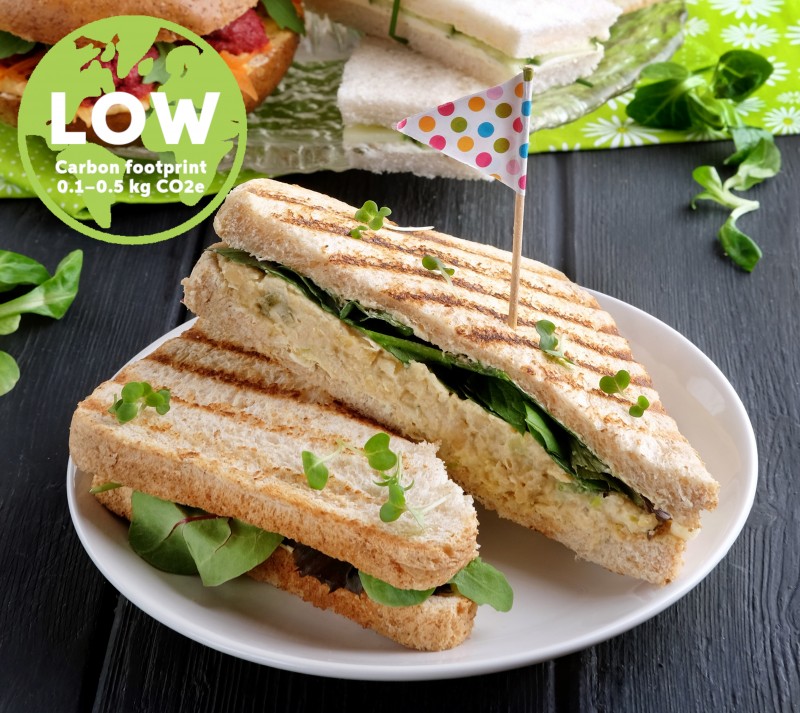In this third blog for people starting a vegan diet later in life, we focus on sustainability. We'll talk about the environmental benefits of a vegan diet and give you some practical tips for making it work in the kitchen.
People choose a vegan diet for different reasons – whether it’s concern for animals, health, or the environment. In recent years, worries about the environmental harm caused by farming have made veganism more popular. It’s good to know that being sustainable, compassionate, and healthy can all go together. Today’s blog will show how your dietary choices can reduce environmental damage. We’ve also included some sustainable recipes from VfL's chefs to help you lower your carbon footprint.

What is a ‘sustainable diet’?
The United Nations describes a sustainable, healthy diet as one that supports health and well-being, has a low environmental impact, is affordable and accessible, and is culturally acceptable.
A vegan diet fits this description – it's healthy, affordable, and helps lower your environmental impact. According to Science magazine, cutting out meat and dairy can reduce CO2 emissions by up to 73%. The following figures from a study published in Science show how much CO2 is produced per kilogram of food by farming animals:
Animal products:
Beef: 99kg of CO2
Lamb: 40kg
Cheese: 24kg
Fish (farmed): 14kg
Pig: 12kg
Plant-based products:
Rice: 4.5kg of CO2
Tofu: 3.2kg
Tomatoes: 2.1kg
Peas: 0.98kg
The study looked at many factors, including transport and packaging, but the biggest sources of emissions were farming and land use changes. Animal products consistently produce much more CO2 than plant-based ones. The study also pointed out that transport plays a smaller role than these other factors, so a plant-based diet is better for the environment even if it includes imported foods.

Debunking common myths
If you're thinking about going vegan, you may need to question some of the things we've been taught about diet. Here are some common myths and facts to help clear up any confusion:
1. Myth: "Vegans don’t get enough protein."
2. Myth: "You need cow’s milk for calcium."
3. Myth: "Soya is causing mass deforestation."
4. Myth: "Quinoa is unsustainable."
Climate-friendly tips from Chef Alex
Now, let's look at how you can reduce emissions in your kitchen. Here are some tips from our Roving Chef Alex:
Recipes for a sustainable diet
Finally, remember that a sustainable diet can be fun and tasty! Here are some recipes from VfL's chefs to help you start:
Potato, Spinach and Chickpea Curry
Banana and Peanut Butter Fortified Milkshake
.jpg)
Categories:
Articles
Life After Retirement
Nutritional Advice
Recipes